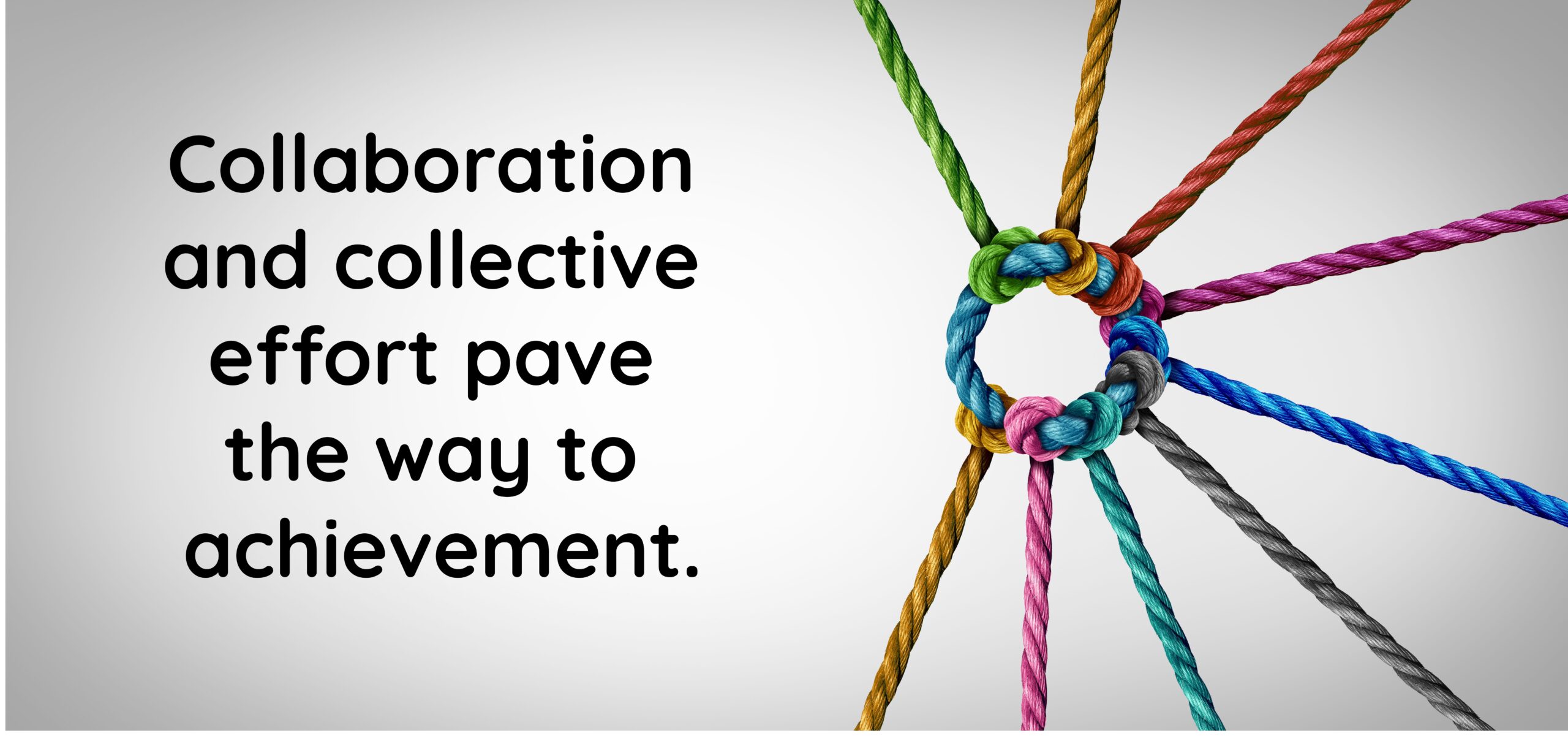Unity at 30,000 Feet: How Flight Attendants Champion Cultural Sensitivity on Flights
Traveling on flights across borders closes the gap between distances and unites a diverse mix of cultures, traditions, and languages. Having the skill to navigate through differences with care and respect can greatly enhance the travel experience for everyone involved. This blog provides insights into manners highlighting the effects of these customs among flight attendants and how they can set a good example in promoting an inclusive and respectful atmosphere during travel.
Embracing Diversity in Communication and Personal Space
Central to etiquette on flights is effective communication and an awareness of personal boundaries. For flight attendants being skilled at overcoming language barriers and interpreting verbal signals is invaluable. Embracing variety whether by learning phrases in different languages or using technology for translation not only helps deliver exceptional service but also fosters connections of understanding. Additionally being mindful of the perspectives on space across cultures can prevent discomfort. By demonstrating empathy and flexibility in these areas flight attendants can nurture a sense of inclusion and ease among passengers reflecting the airline’s dedication to diversity.
Honoring Dietary Preferences and Religious Beliefs
Recognizing and accommodating an array of choices and religious observances on flights is another essential aspect of cultural awareness. Flight attendants understand the importance of catering to passengers’ preferences whether they are based on health or religious grounds. By offering options like vegetarian, halal, or kosher meals, they meet needs and show respect for diverse cultural practices. Supporting passengers in their practices by providing prayer spaces or accommodating fasting schedules enhances the travel experience. Flight attendants who address these needs proactively create an atmosphere of respect and understanding that contributes to the airline’s reputation for inclusive service.
Advocating for Appropriate Attire and Modesty
Flight attendants play a role in upholding norms related to attire and modesty. By being attentive to the varying expectations around clothing choices they can help passengers make decisions that consider everyone’s sensitivities on board. This awareness ensures passenger comfort and demonstrates the airline’s commitment to embracing cultural diversity. When flight attendants embody this value through their interactions and appearance they encourage passengers to do the same fostering a community onboard that is respectful and considerate. The concerted effort of flight attendants in promoting sensitivity has an impact on the overall ambiance onboard, among crew members and passengers alike.
Leading Cultural Sensitivity Among Crew and Passengers
The collective effort of flight attendants to promote cultural sensitivity has a profound impact on the onboard atmosphere. Training in cultural awareness equips them to recognize and honor the diverse needs of passengers, from communication preferences to dietary restrictions and religious practices. Their role as mediators and examples of respectful behavior is instrumental in fostering an environment where every passenger feels seen, respected, and valued. This leadership not only enhances the travel experience but also strengthens the bond among flight attendants, as they collaborate to provide inclusive and empathetic service. The positive ripple effect of these practices underscores the airline’s commitment to celebrating diversity and ensures a welcoming experience for travelers from all walks of life.
Enhancing Safety and Unity Between Crew Members
Cultural sensitivity among flight attendants is not just about enhancing the passenger experience; it plays a crucial role in effective communication and team cohesion, especially in critical situations such as emergencies. When emergencies arise, clear and swift communication becomes the backbone of safety procedures. Flight attendants from diverse cultural backgrounds, who have honed their cultural sensitivity skills, can navigate language barriers and cultural nuances with ease. This ensures that crucial information is conveyed and understood without delay, bolstering the team’s ability to respond promptly and efficiently. The understanding of subtle cultural cues can significantly impact the clarity and effectiveness of emergency instructions, making a difference in ensuring passenger safety. Beyond the practical benefits in high-stress scenarios, cultural sensitivity fosters a supportive and inclusive work environment among flight attendants. By valuing and respecting each other’s cultural backgrounds, team members build deeper connections and trust. This mutual respect leads to a stronger, more cohesive team dynamic, where each member feels valued and understood. In the fast-paced and often unpredictable environment of international flights, such relationships are invaluable. They not only improve the work experience but also enhance the team’s ability to collaborate effectively, anticipate each other’s needs, and support one another during challenging situations. Moreover, this culture of sensitivity and inclusion extends beyond the immediate crew, influencing the broader organizational culture and setting a standard for the industry. It exemplifies how understanding and respecting cultural differences can lead to more effective communication, stronger team bonds, and a safer, more harmonious travel experience for everyone involved.
Lasty, the role of flight attendants in upholding and promoting cultural etiquette on international flights cannot be overstated. Through their actions and attitudes, they create an inclusive environment that celebrates diversity, encourages mutual respect, and enhances the overall travel experience. This commitment to cultural sensitivity not only benefits passengers but also fosters a sense of pride and unity among flight attendants, reinforcing the airline’s reputation as a leader in international travel.







